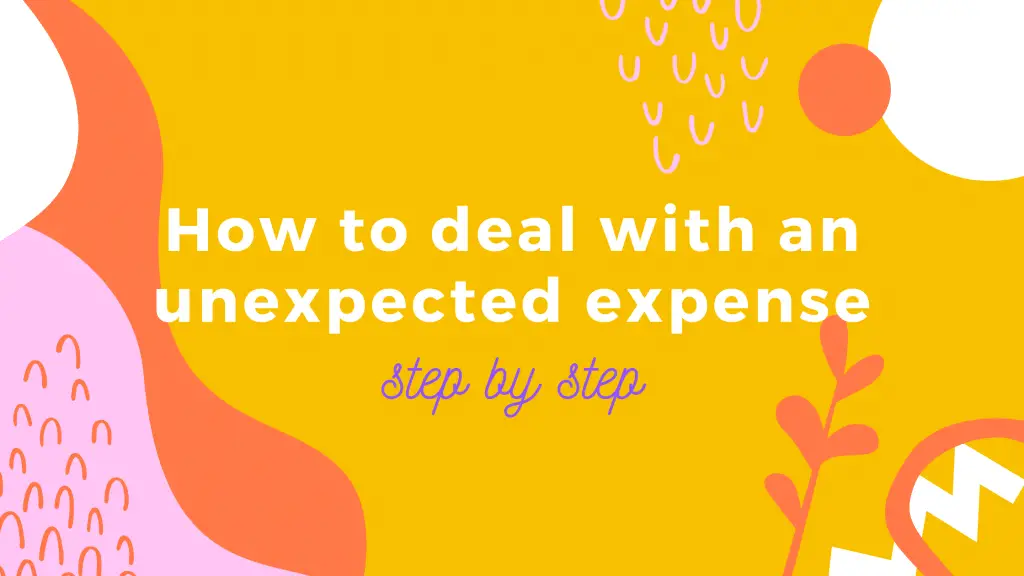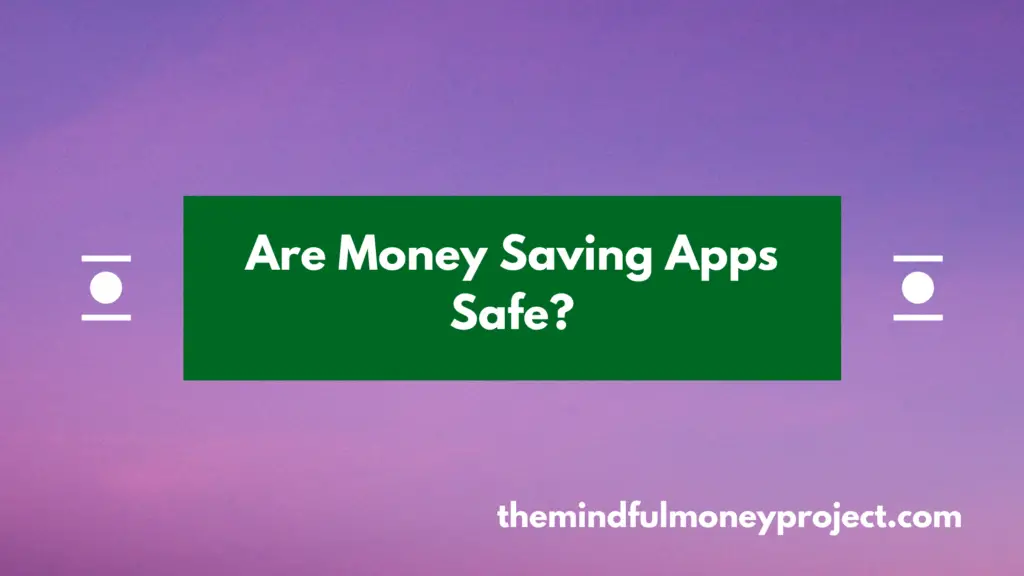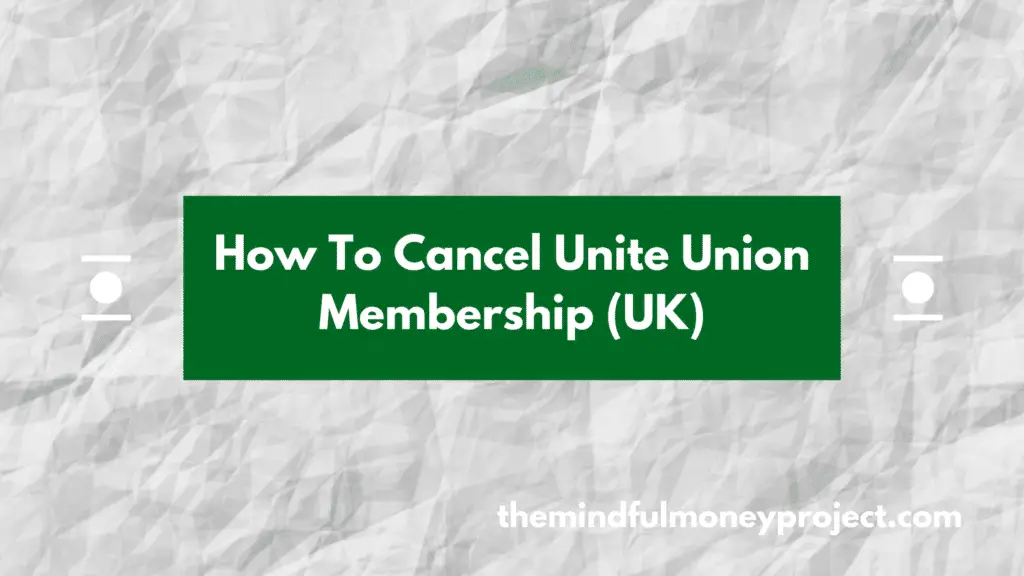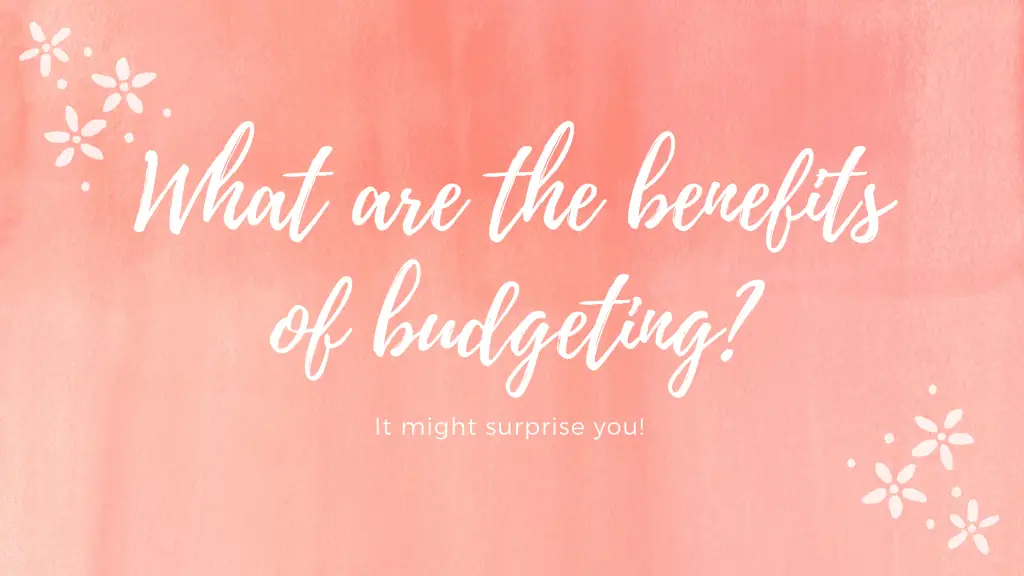This always seems to be the way of the world – you’ve managed to get yourself on your feet and are starting to build towards the future and thwack! You get sideswiped by the game of life.
A financial emergency can take many shapes and forms. For example if you find yourself landed with an unexpected car repair bill it might be an inconvenience to someone who only uses it to pop to the shop, but if you use that car to get to work then this has the potential to be a financial emergency as it threatens your income.
If you’ve found yourself landed with an unexpected expense, this article will help you work through the steps to deal with it.
However, if your financial emergency is a drop or loss of income, then this article is more relevant for you.
Take stock
Lets take a quick minute to assess the facts.
Size the emergency
For an unexpected bill this is fairly easy as it should be the cost of the bill itself!
This is the amount that ultimately needs to be paid.
Understand the timing
When is the bill due?
Does it need to be paid immediately or in 3 months’ time? This is important as if it is due immediately, you may need to jump straight to taking savings or borrowings to pay for it, whereas if it is due in 3 months’ time, you may be able to reduce your other outgoings enough and redirect the savings to this unexpected bill.
How to deal with an unexpected expense
Negotiate
Most companies will recognise that landing a large, and unexpected, bill onto someone’s lap will trigger financial hardships.
As a first port of call, try speaking directly to the company/organisation, explaining your situation and asking for better terms such as:
- Instead of immediate payment, payment in 30 or 60 days’ time
- Being able to pay the bill off in multiple time periods i.e over the next 6 or 12 months, rather than in one go
It is in their interest to collect this money, and so they are likely to help by giving you more flexibility if you’re honest with them and are proactive in asking them.
However, if they’re not willing to be flexible or if the payment is still a burden even with the new terms, I would turn to the following areas:
Emergency funds/savings
If you have an emergency fund saved up already then now is the time to use it. If the car isn’t fixed and you’re unable to get to work then you risk losing your income which can cause a larger financial emergency.
You may also want to consider using any other savings rather than borrowing or redirecting your existing spending. Even though this may be tough psychologically to redirect your savings from one goal (such as saving for a house or a wedding), this will save you interest compared to borrowing to cover the costs, and you’ll be able to start saving for your goal once again when the dust has settled.
Redirect your existing money
If you have no emergency funds to cover the bill, and you have time to prepare (i.e your negotiations have given you say a month or two in order to pay), then redirecting some of your existing spending is a good way to pay without taking on the cost of debt.
Start to look at cutting areas that are considered “luxuries”. Remember, this is not designed to be a sustainable lifestyle, only to help get you through the emergency. Once you’ve paid the bill, you can start to reintroduce these services back into your life:
- Entertainment subscriptions such as Netflix, Amazon Prime, Sky TV, Virgin Media etc
- Downgrading internet packages
- Removing landline phone from your package
- Downgrading your mobile phone contract or moving to a sim only plan
- Gym memberships
- Reducing your frequency of eating out or going out to the cinema, theatre etc
- Try some ways to reduce your grocery bill such as trading down a brand or going to a discounter like Lidl/Aldi
Depending on how much you’ve been able to save, make sure to put this money in a separate savings pot that you can use to put towards your bill.
Get creative with income
Before you take on any additional debt, and assuming you have time on your side (a month or two before you need to pay), earning more money is one of the best ways to quickly boost the money you have available.
Take on a second job – this is one of the quickest ways to boost your income. Even though the thought of leaving your 9-5 to go to your 6-9 sounds depressing, remember, it doesn’t need to be forever. This doesn’t need to be in the same field as your main job and can be a weekend cafe job, an evening supermarket role, a Friday night Uber driver role or a weekend Deliveroo driver role.
Sell your things – having a clear out and getting rid of your unused or unloved belongings on eBay or Gumtree can provide you a decent one-off income without much work. However, there is a limit to this which is the amount of things you have to sell off, so isn’t too sustainable.
Borrowings
If you don’t have any emergency savings and after your negotiations you still don’t have enough time to put together the money via saved expenses or additional income, then you will have to look at borrowing money to pay for the bill.
People are rightly cautious when taking on extra debt to pay for an unexpected expense. The key is to make sure that you can afford the repayments. Taking on debt to pay for the cost now will mean you will have higher monthly payments in the future, and being able to afford those repayments are key.
If you can’t afford them on your existing finances, try cutting back or boosting your income using one of the tips above. However, if you were already struggling with meeting your debt repayments before the emergency, speak to one of the free debt advice lines that are available. They can help you work through the situation and can even help speak to your lenders themselves.
Friends & Family
If you are in the fortunate position of borrowing from friends & family, consider asking for help from them to help you get through this emergency. This normally means no interest cost, which is a massive advantage. However, even though it sounds stuffy and formal make sure you put the agreement in writing and agree on repayment amounts and dates. Making it clear makes sure everyone is on the same page and reduces the chances of money damaging your relationship.
Do you have a good credit score?
If you have a good credit score, search for the cheapest rate you can find (using price comparison sites like MoneySuperMarket and GoCompare are good places to start). Be mindful of the type of credit you need. If it is a bill that can be paid by card, both a credit card or personal loan would work. Whereas, if you can only pay the bill by bank transfer or direct debit then a personal loan is your best option as it deposits cash straight into your account (as opposed to a credit card which only allows you to pay for transactions using a card).
If your credit score isn’t so healthy…
For people that have a poor credit score and may struggle to get credit on good terms, search online for personal loans or credit cards designed for people with low credit. However, steer clear of payday loans. These are designed to bridge a short period of time (1-2 weeks until your next payday) and as such are very expensive if used for a longer period of time (not to mention they can make your credit score even worse as other lenders can see it).
If you are struggling with debt repayments, then contact a free debt advice helpline, who will help you to work through the situation.
Get help when necessary
Asking for, and receiving, help when it is necessary is nothing to be ashamed of. These services and systems are in place for these exact situations, and are designed to help people work through their money issues.
For exploring whether there are any benefits available to you, visit: https://www.gov.uk/benefits-calculators
Where to get free debt advice: https://www.moneyadviceservice.org.uk/en/tools/debt-advice-locator
Help if struggling to pay energy bills: https://www.citizensadvice.org.uk/consumer/energy/energy-supply/get-help-paying-your-bills/struggling-to-pay-your-energy-bills/
Help with credit card debt: https://www.citizensadvice.org.uk/debt-and-money/borrowing-money/credit-cards/if-youre-struggling-with-credit-card-debt
Preparing for next time
Once you work through this emergency, it is time to reflect and put in place steps to reduce the impact of the next emergency.
Unfortunately, this is unlikely to be your last emergency, so putting in some measures will help you have the peace of mind that you can deal with the next one.
To prepare for the next one:
- build yourself a monthly personal profit so you are living within your means
- build up an emergency fund of 3-6 months’ worth of expenses
- pay down your debt over time to become debt-free (increasing your ability to borrow to deal with emergencies if needed in the future)
Summary
Even though dealing with a financial emergency can take its toll, sending stress and anxiety skyrocketing, there are steps you can take to take control of the situation and work to resolve it.
There are charities and organisations who can help, and there should be no shame or worry when reaching out to these services. You aren’t the first person to encounter a financial issue and you won’t be the last. They are trained to help in a compassionate and empathetic way, so you won’t be berated or made to feel judged.
Once you have navigated this financial emergency, take a minute to reflect on what would have made the experience less stressful, and then put in place some measures to reduce the impact of a future emergency, such as building up an emergency fund.
Easy and painless ways to save money every month
Maybe you’re preparing for a particularly financially tight month. Or you’re looking for ways to…
How Do I Invest In The Metaverse?
Heard Facebook rebranded its corporate identity to Meta? This was the first introduction to the…
Are Money Saving Apps Safe?
Ah apps. Love them or hate them, they are an increasingly important part of our…
How To Cancel Unite Union Membership in the UK
Looking to cancel your Unite Union membership but unsure where to start? We’ve done the…
How To Cancel Fabletics VIP Membership UK
Looking to cancel your Fabletics UK subscription? See below for the steps to cancel your…
How To Cancel Racing TV UK (Sky or Direct)
Staying on top of your monthly subscriptions can help to streamline your finances. You may…
Yolt vs Cleo: Will One of These Help Your Finances?
Another budgeting app face-off. This time, we pitch Yolt vs Cleo. Quick Summary For those…
How To Cancel Noom UK
Looking to trim back on your subscriptions by cancelling Noom? We got you. In this…
What Makes You A Millionaire (UK)
Attaining the title of “millionaire” is an aspirational goal for many. Lots of people want…
What are the benefits of budgeting?
Even the word “budget” may evoke a deep-seated sense of fear, anxiety and loathing, but…












Pingback: How to deal with a financial emergency step by step: dealing with income loss - Personal Profit
Pingback: How to save £1000 in a month using the COST method